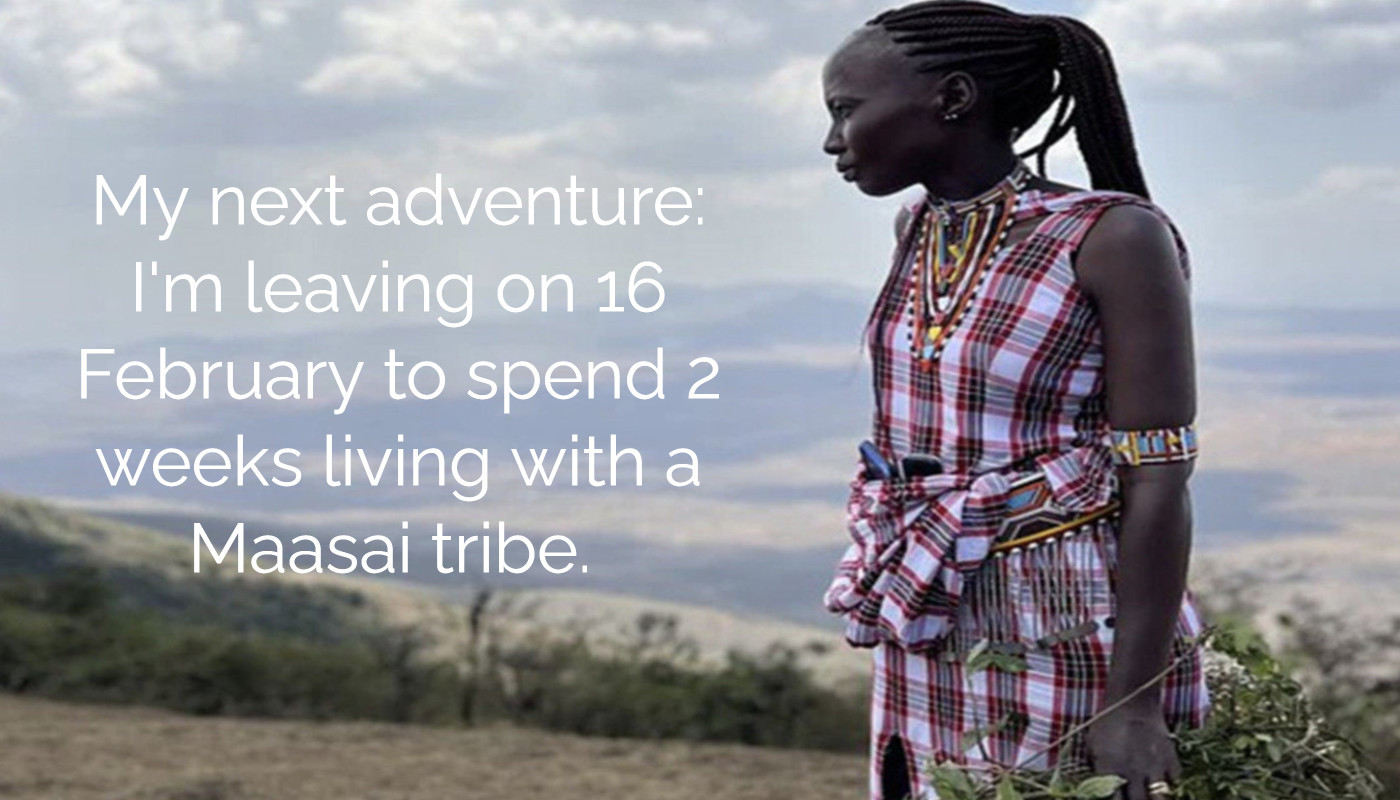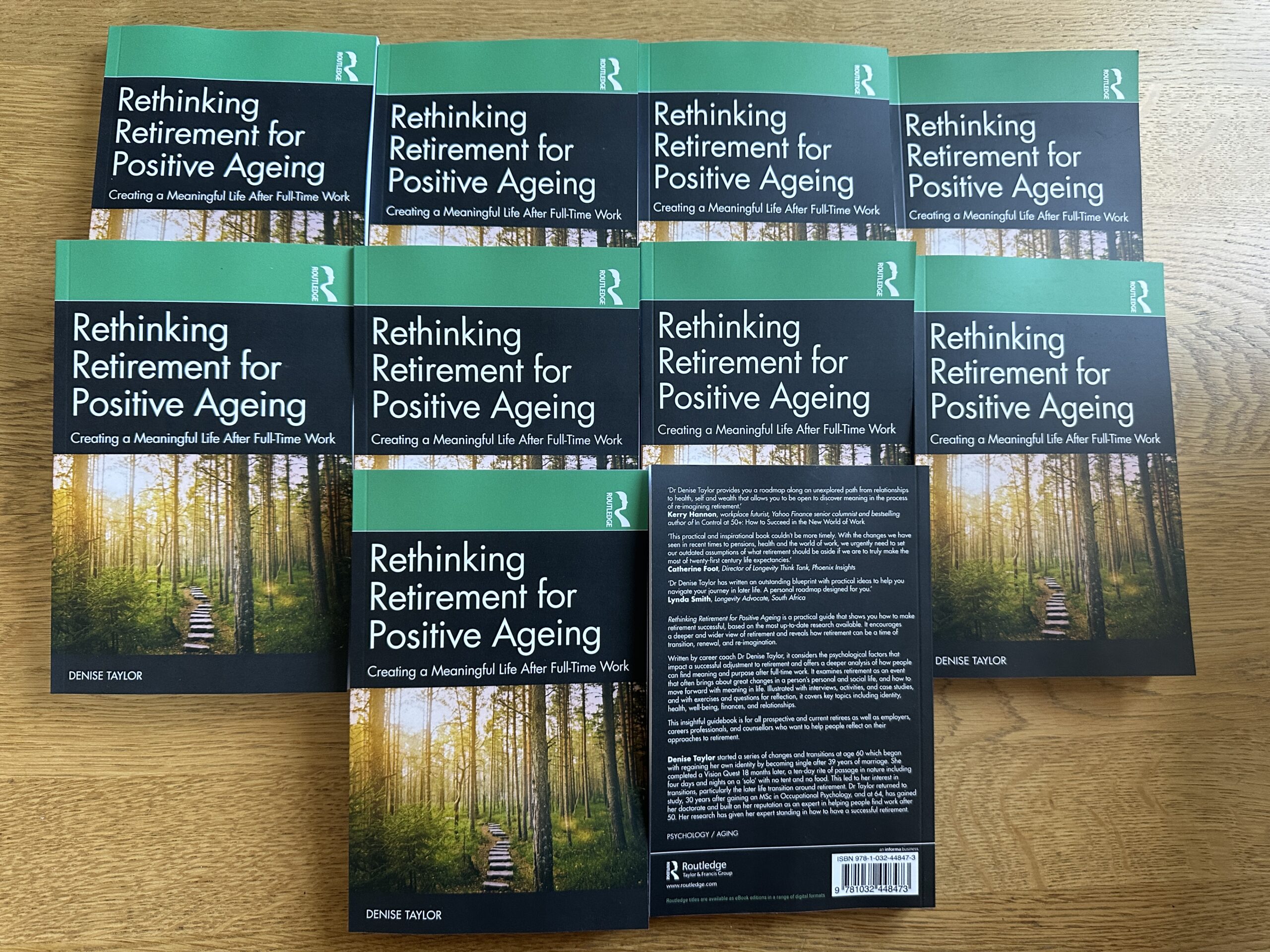We all need to take responsibility of our career and professional development. Some companies will send us on training courses, with companies such as Halogen Software but we can also take ownership ourselves.
We can read books, look up journals online and discuss ideas at conferences and meetings.
We can also look beyond the constraints of our job/profession to see what we can find from a wider search.
Read or try something new
Years ago my manager told me that each month I should read a very different magazine/journal to see what I could gain from it, and would often find it triggered a thought that helps me to look at a problem/issue in a new way.
As a chartered psychologist I’m also a chartered scientist, but physics, chemistry etc don’t come easy to me. I’ve even had this confirmed through the results of my highlands ability battery test. My score on spatial relations theory is low which means that my abilities focus more on the practical than the theoretical.
Cheltenham Science Festival
Last week was Cheltenham Science Festival, I’ve never been before, partly because I think of it as ‘heavy science’ but also as I’m usually on holiday as it’s the week leading up to the Rockness music festival. We didn’t go to Scotland this year so instead I was able to book up various sessions at the science festival.
I went to a range of sessions, from the light to the seriously heavy, via those that really interest me – human migration.
I was fascinated by the physics behind DJaying, led by Martin Archer and was really pleased to identify the sound waves to the tune and to understand the technical aspects to beat matching. I’m so lacking in knowledge in this area that I didn’t realise that pitch was the same as frequency and the distance between the spikes in the tempo.
I learnt about psycho acoustics and how our brain perceives different sounds.
Takeaway: This got me thinking about how we communicate, and if our voice is very high or very low it might grate with someone who is interviewing us. We can’t change our voice significantly but we can watch for if our voice goes high when stressed, and the need to take account of our listener as we talk.
I’m fascinated by human migration, how we all originate back in Africa and how we populated the world. In The Human Migration Story I learnt from Chris Stringer that people migrated either due to push or pull factors
- Push factors – the lack of resources, or a disaster
- Pull factors – new resources, lack of competition
Takeaway: This can easily be related to redundancy. We can be pushed into taking on a new type of job or move location due to the lack of jobs where we live and the closure of industry. The pull factors are new industries being created, new technologies to learn, openings in the market place – how many social media consultants were there 5 years ago?
Another session was Understanding Excess, 4 people discussed addiction including Naomi Fneberg talking about the science behind addiction and compulsive behaviour. Addictive behaviours represent the result of an overwhelming drive to undertake a repetitive act that is to some extent rewarding; compulsive behaviours are designed to avoid or resuce discomfort. As we pursue these behaviours the highs diminish and the unpleasant signs grow so we have to do more.
Hoarding is a compulsive behaviour, I don’t have rooms stacked floor to ceiling with newspapers but I do tend to hoard my emails and I’m now working through to delete them. Kathy Sykes also said that people can move from one addictive behaviour to another – so to move from being addicted to alcohol or drugs to shopping. for me its to go from stopping being a compulsive eater to someone who exercises a lot, althoguh I don’t think it is a compulsion. I do know I’m getting a much bigger high now I’m fitter than I did at the beginning when it was a means to an end. I’ve noticed this change a lot more sice I’ve doubled my activity to 2 hours a day.
I went to one of the BBC Science sessions, and this was free! A BBC science producer talked about how programmes are put together and the need to tell a story. One part of a programme was shown in the first cut and then how it was improved by creating a story with some connection.
Takeaway: When answering interview questions be able to create a story, obviously not too detailed, but having stores to expand on examples create a richer output that is far more appealing.
The first session I went to Marks Steel’s session – The Mark Steel Migration was light and fun! Another session – Everything and Nothing was pretty heavy going, it was led by Jim Al-Khalili, he’s a theoretical psysicist and although I remember some of what was covered, I don’t think I’d be happy to include it here!
I went to some other sessions too, including fringe sessions led by Skeptics in the Pub, so it was a busy week.
I’d love to know what you think and it would be brilliant to hear your views either below or on my facebook page – I think it is so much more interactive than on a blog. If you aren’t already linked to me on FaceBook here is the link: https://www.facebook.com/#!/amazingpeopleUK




